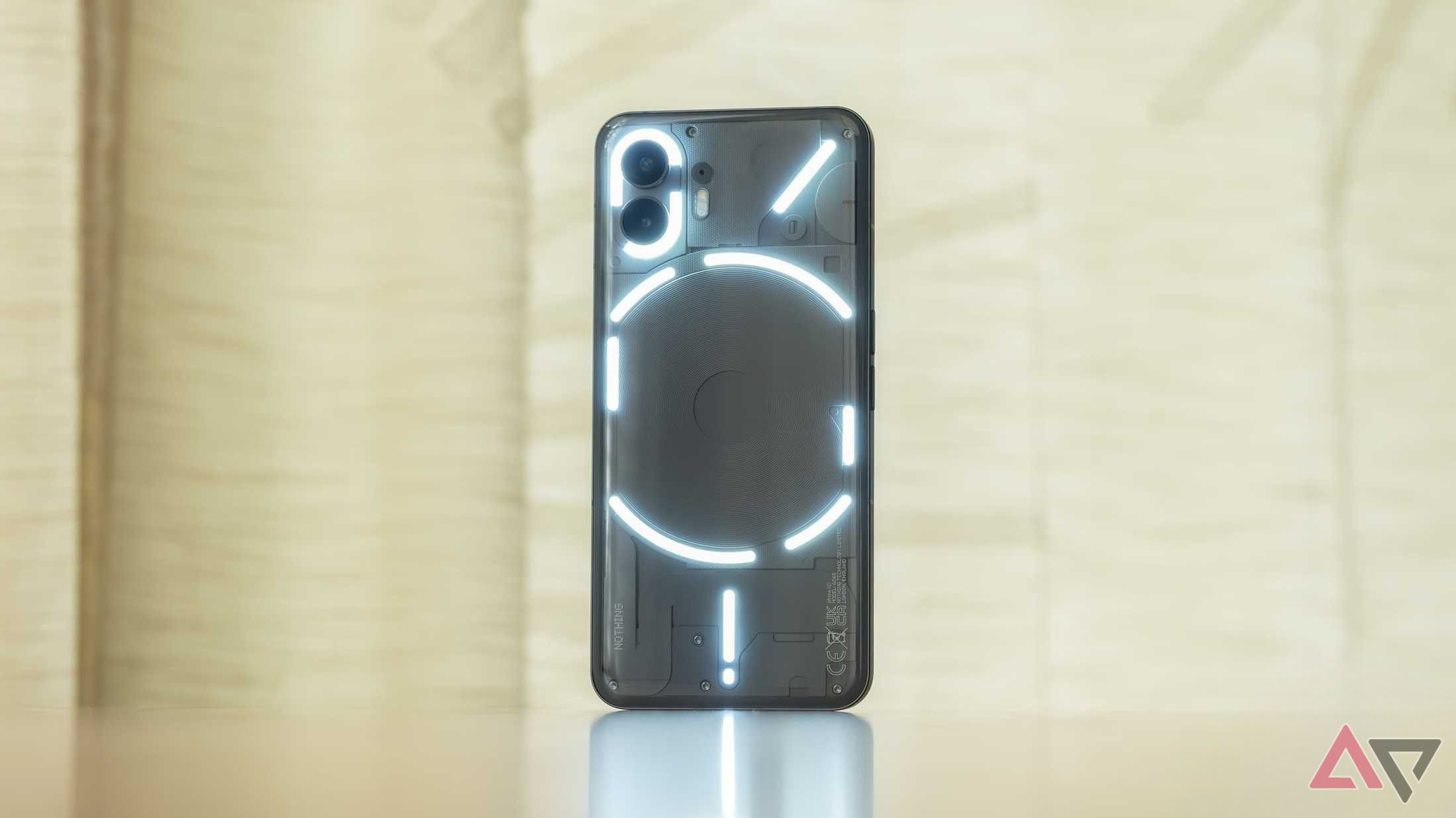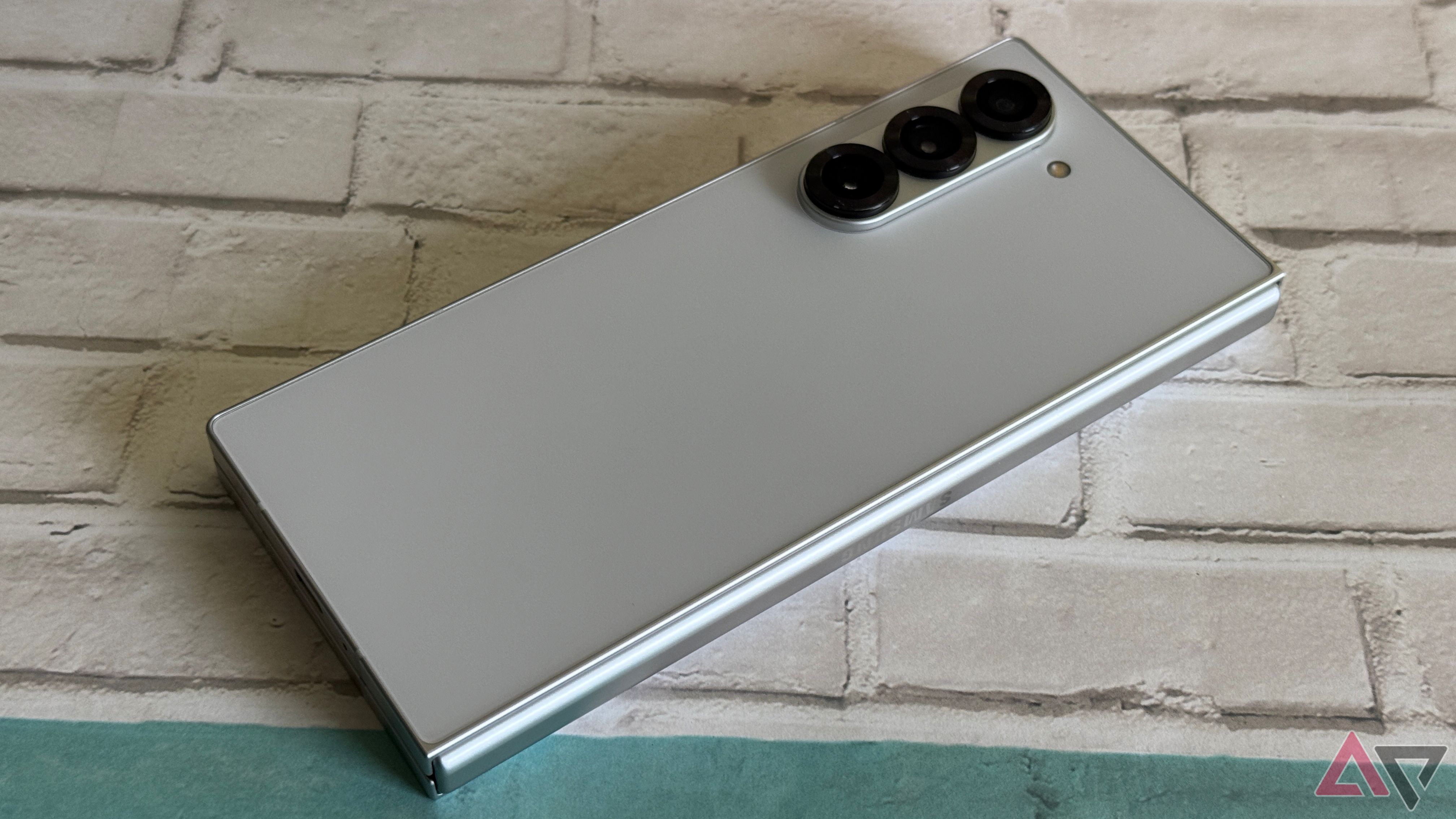Summary
- Samsung teases a Galaxy Ultra foldable with improved cameras and a bigger screen.
- The company sees Galaxy AI as key to enhancing the foldable experience.
- Samsung must enhance the software experience to justify the premium price for large folding phones.
Samsung Galaxy Z Fold 6 critics point to several areas of the device they feel aren’t up to flagship specs. Complaints center around the cameras and external screen when folded, with users expressing they shouldn’t have to compromise, given the device’s high cost. You’re never going to please everyone, but Samsung seems keen to try.
In a post to Samsung’s Newsroom, the company hinted at a Galaxy Ultra folding device. Samsung claims there is clear demand for a device with larger screens and an improved camera system in folding form. Samsung’s release highlights a typical day, with a user finishing up an email on the way home from work and then having a proper camera in hand to photograph a night out, all with Galaxy AI as their wingman for the journey.
It’s unclear whether this will be added to the lineup as a more expensive and powerful option above the Galaxy Z Fold 7 or if Samsung is rebranding the Z Fold 7 with an Ultra moniker. Either way, changes are coming to Samsung’s folding phone lineup.
Book-style, larger folding phones need a boost
I understand that users complain about not having a flagship camera system on a $2,000 phone. Still, I don’t believe that’s the main reason people aren’t adopting book-style folding phones in any significant numbers. The Galaxy Z Fold 6 cameras weren’t useless, as I managed to capture some excellent shots with its 50MP primary sensor. I would undoubtedly enjoy a larger sensor and more impressive telephoto capabilities. I’d also welcome a more expansive external display, but that doesn’t get to the root cause of the problem.
Folding phones are already expensive, and a potential Samsung Galaxy Z Fold Ultra would cost even more. It wouldn’t be a device for everyone, but Samsung still needs to show where the additional value is coming from. Large folding phones, such as the Galaxy Z Fold 6, have a software issue, not a hardware one. Until Samsung can prove that the Z Fold series provides a fundamentally different smartphone experience, I don’t see a reason to pay a significant premium over a traditional slab phone.
I see why Samsung would release a maxed-out Galaxy Z Fold, but it doesn’t understand the assignment. Unless the software experience is reimagined to change the way we multitask or use the expansive inner display, it’ll suffer the same fate as Samsung’s other large folding phones. I don’t know if Galaxy AI is the answer, but it appears we’re about to find out.



